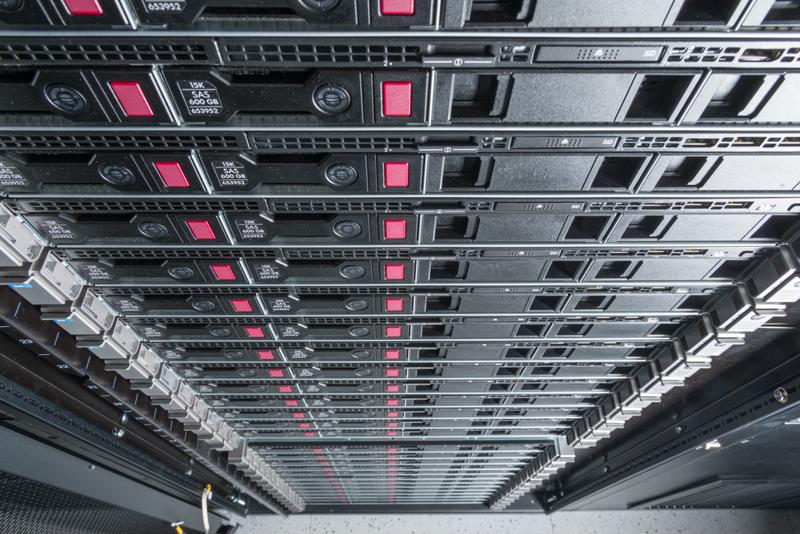
The move toward strategic sourcing and more intelligent procurement in general can't occur without technology. The truth about this supply chain revolution is that processes have stayed stagnant for years, held back by the fact that there were limits to how much data employees could process and how quickly. With transactions now being handled digitally, the game has changed, and therefore it's possible to view tech evolution and operational changes in tandem.
While new digital supply chain technologies have the power to change organizations' capabilities and approaches to sourcing, not every business has made the leap to these systems. The progress of digital sourcing systems and the solutions that accompany them - such as analytics and artificial intelligence - has been uneven between industries and regions. Industry-watchers interested in the future of the supply chain can check in on the inroads these valuable tools have made.
The gap left to clear
According to Sourcing Journal, recent McKinsey research has revealed a lingering lack of digital elements within some companies' sourcing departments. This disparity can end up tipping the competitive balance between organizations due to the potential power of improved procurement on the bottom line. While leaders in sourcing departments have a strong vision of their future operations, they are not yet confident in their ability to reach such exalted levels of productivity.
The importance of adopting new sourcing processes goes back to one of the most important concepts in present-day manufacturing and sales: Customers' expectations and demands are always escalating. Organizations that get their back-end processes in order and become more efficient and affordable in getting goods into customers' hands stand a better chance of impressing their critical digital-native audiences.
Sourcing Journal reported that respondents to the McKinsey research want to have fast, transparent and flexible supply chains by 2030. These are admirable goals, as increasingly connected customers will be interested in companies that have all three of those characteristics.
Actually making those attributes apply to supply chains won't be so simple, however. McKinsey partner Althea Peng suggested that to become more digitally enabled, supply chain leaders will have to adjust their approaches to partnerships while replacing their tech tools and imparting new skills in their employees.

Getting on board with the digital revolution will mean seeking out workers who understand new ways of working. Writing for EBN, LevaData founder Rajesh Kalidindi prescribed a few abilities that will be common in procurement leaders of the future. For instance, these individuals will understand data and be able to employ analytics processes. This is no surprise, as the data flowing through modern supply chains will be ideal fuel for business intelligence.
As for other adjustments, Kalidindi observed that an analytical approach to thinking will prove more vital than the ability to develop relationships or a history of apprenticeship in the industry. Sourcing and procurement departments powered by analytics - and in more advanced cases, artificial intelligence - will be able to adjust their strategies on the fly and seize value opportunities that would have passed slower companies by. It's natural to expect tomorrow's employees to embrace the processes that will get their departments to such a point.


Post A Comment:
0 comments so far,add yours